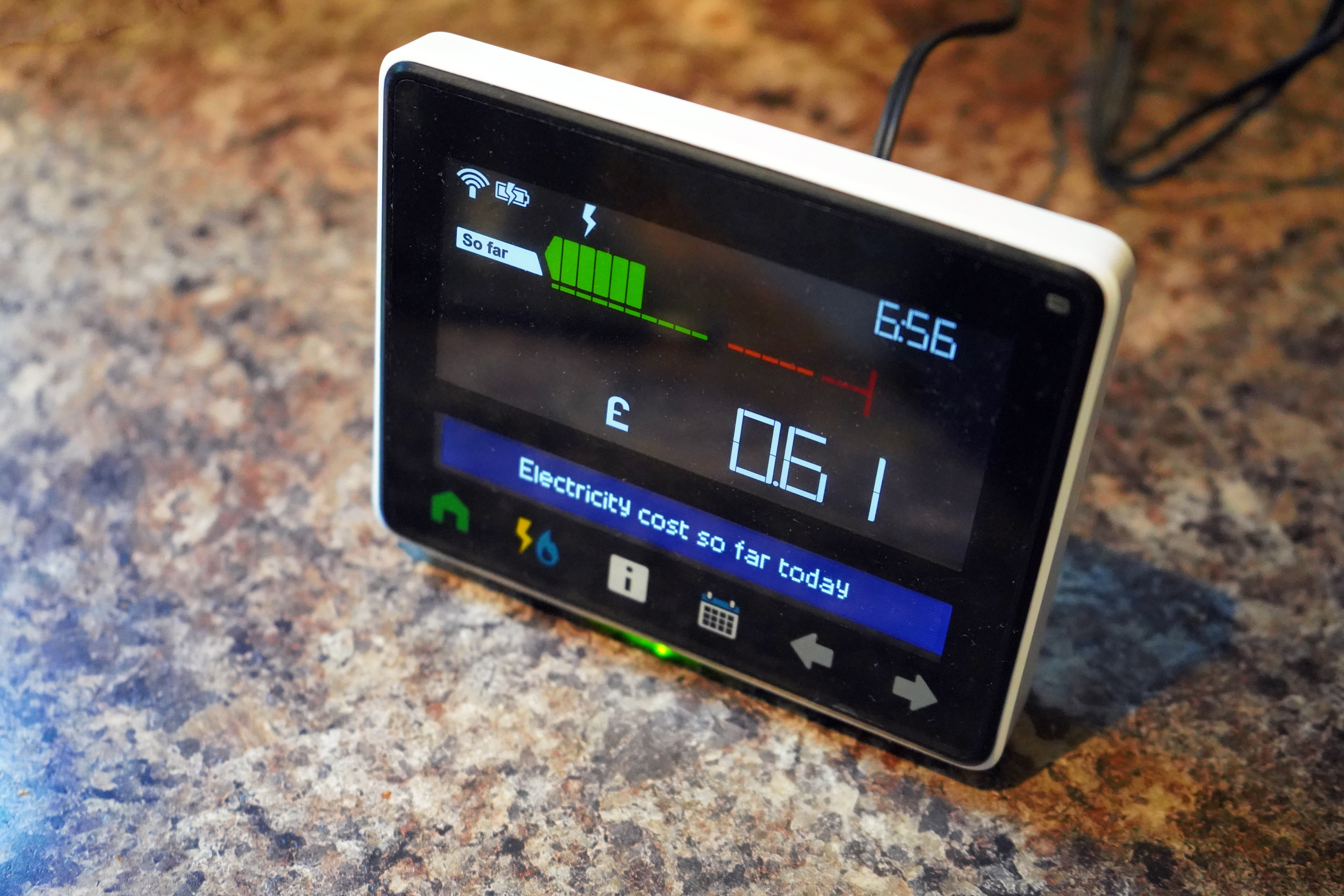What is it? Why do we have it?
The term “Revenue Protection” is a colloquialism used by the English speaking world to refer to the prevention, detection and recovery of losses caused by interference with electricity and gas supplies.
Electricity
Who wins who loses when electricity is stolen? What are the effects of theft in the de-regulated UK electricity market?
A customer’s bill is composed of:
- Energy Costs: The Supplier pays energy costs to generating companies, based on metered consumption of the Suppliers consumers.
- Distribution Costs: The Supplier pays distribution costs to the Distributor for use of the Distributors system, again based on metered consumption.
- Supply Costs: Supply costs include such things as provision of a meter and billing costs and are relatively fixed per customer.
- Supplier’s Margin: The margin is what’s left over after the Supplier has paid the above and deducted their own overheads.

What happens when a meter is prevented from recording the full value of energy consumed?
- The customer still takes the energy. The energy costs still have to be paid but the Supplier only pays on what the meter says. The shortfall is spread across all other Suppliers in the area.
- The Distributor is also only paid on what the meter says, therefore loses Use of System income.
- The Supplier can only charge their customer on units metered so at best loses margin and at worst may not cover their fixed costs.
What happens when unrecorded usage is identified?
- The Supplier has to recompense the other Suppliers who have picked up the loss.
- The Supplier has to pay the Distributor the correct Use of System charges.
- The Supplier has to pay for the costs of the investigation and replacement meter costs etc.
On the face of it, there is perhaps a valid commercial argument for a supplier doing nothing, but let’s look at the implications. If losses increase it damages the whole industry. Any organisation that is a major participant in supply and/or distribution will be affected. Organisations’ ethical and environmental policies can not allow people to “get away with stealing”. Honest customers expect something to be done to prevent others from getting away without paying. They also expect their safety to be protected. The UKRPA will always strive to ensure that combating theft is high on the industry’s agenda.
Full UKRPA Members provide services to distributors (also known as network operators) and supply businesses. Most network operators have an arrangement to provide Revenue Protection Services (RPS) to all suppliers operating within their network area. The RPS gathers evidence, deals with the customer according to the respective supplier policy and assesses the loss. Funding for the RPS is provided through Distribution Use of System charges (to cover infrastructure) and transactional (to cover the costs of dealing with a specific case of interference).
Suppliers have a licence obligation to ensure that they and their agents report evidence of interference. In its capacity as an agent, an RPS may manage this on behalf of the supplier. When interference is confirmed at a site where that supplier is liable, the RPS deals with the responsible customer (when there is one) using the supplier’s branded stationery and customer information system. This service offers considerable benefit to the supplier as it enables the end-to-end process to remain within one operation, thereby ensuring that the techniques and practices developed over the years are not diluted.
A major RPS will typically deal with approximately 500 cases of confirmed supply interference per month. Our Members maintain excellent relations with Ofgem and consumer groups and are proud of their record of operating in such a sensitive area of work with very little adverse customer reaction.